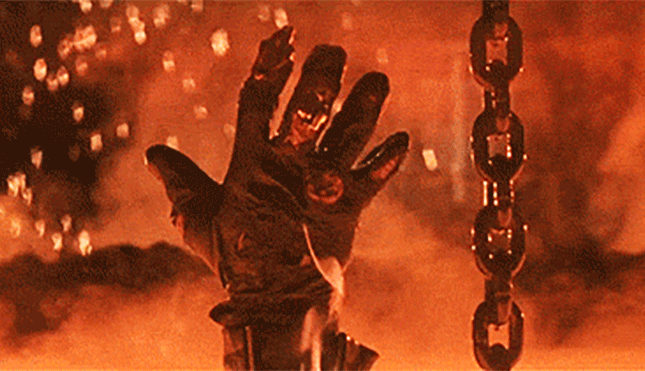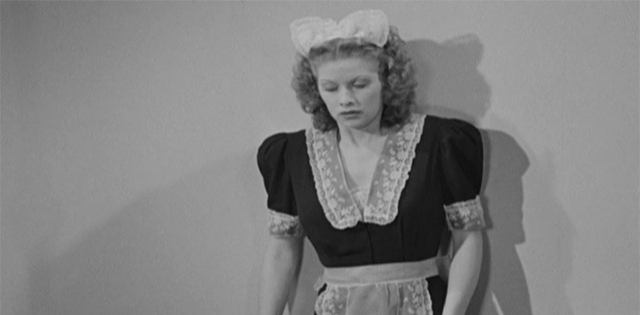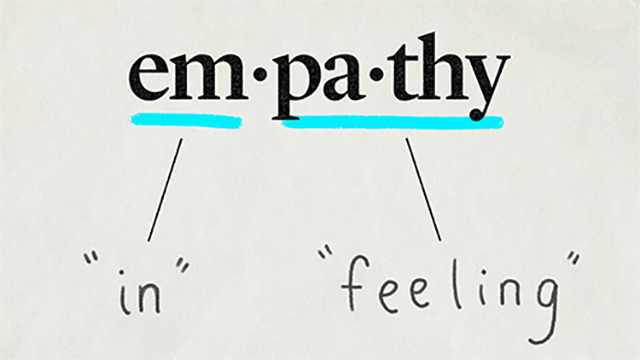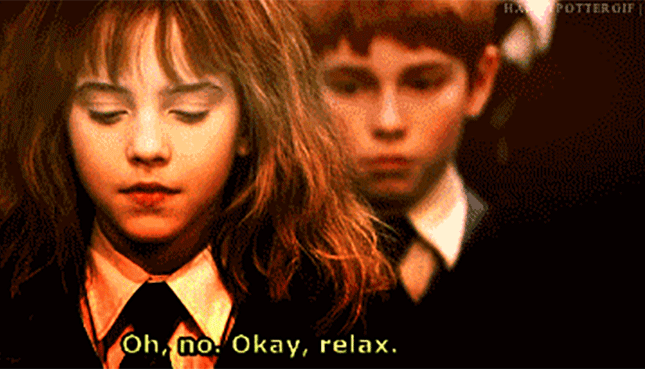Though many of us grow up dreaming of Broadway and Tony Awards, there are other venues that need strong talent that aren’t located in New York or Los Angeles. Theme park actors are often scoffed at and asked, “When are you going to find a real job?” The truth is, these are real jobs, with real hours, real money, and real benefits, benefits often for part-time as well as full-time employees. Theme park actors are just as talented as theatre and film actors. Below is a bite-sized chunk of information that will surely get you interested in sharing your talent in the world of theme parks. Read Part II of “Theme Park Work” below.
Perform. Breathe. Repeat.
For many roles in theme parks, you will be required to do 5 to 11 shows per day. The show’s plot/script/progression will be the same or almost the same every time. The performers who portray these characters must give the same energy for every single performance. Do your best to keep your pep. For example, Universal Studios in Orlando, FL has three types of “shows”:
- Terminator 2: 3D employs the fully-scripted show model. T2:3D is a scripted show in which the actors do not deviate from the script at all. The show is the exact same every time with the same beats (within lines) and the same outcomes because there is very little audience participation. An actor in this show must do their role with the exact same lines, energy, and enthusiasm every time in order to maintain the integrity of the story and the script. However, if something does occur that disrupts the flow of the script, they must act accordingly in character.

- When it was still operational, Disaster! employed the half scripted/half improvisational show model. Disaster!’s experience required audience participation in order for the show to progress to the ride portion. Therefore, performers at that attraction encountered many different types of people who spoke many different languages and responded to the performer in many different ways every time the performer appeared onstage. Additionally, because each performer was allowed their own interpretation of the Assistant Director Lonnie character, different actors would, with approval, use their own jokes and punchlines. Every show at Disaster! was infinitely different than every other one because of the combination of scripted and improvised performance. However, the performer still maintained the same energy and enthusiasm for their particular objective for every show.

- Atmosphere characters, like Lucille Ball and Doc Brown, employ an improvisational model for meet-and-greets. They must maintain character and be completely improvisational while giving every guest a very personal and unique experience. These performers may have a conversation with guests about computers, and if the character knows nothing about technology, that actor must adapt to that conversation the way their character would. Additionally, if performers know another language like Portuguese, Spanish, French, Japanese, German, or American Sign Language, they may make their interaction with a guest particularly magical because they crossed a language barrier. Finally, as with fully-scripted and scripted/improvisational shows, Atmosphere characters must maintain the same energy and enthusiasm every time they appear on set. For many families, this is the first time meeting the character, and they should be able to have the same calibre of interaction that other families who came before them have had.

Maintain a high level of energy.
Oftentimes, when people attend your show at a theme park, they have been walking around for hours. They are tired, hungry, and annoyed at several things: the heat, the crowds, the noise, and/or their own family. When they enter an attraction, they attend to be entertained, not lulled to sleep. Deliver the kind of experience they are looking for: high calibre acting with fantastic energy. Additionally, sometimes audience members won’t know that the attraction they are entering is a show; they may think it is a ride. In these instances, your job is to attract the attention of people who may not even want to be there AND make their experience with you one a positive one that they will never forget.

Learn to improvise.
If, while on set, your character encounters a situation in which they must adapt, learn to handle the situation the way your character would. Is your character nice, or are they a little bitter? Do they like people, or are they shy? Are they always the first to come up with an idea, or do they hang back and let someone else take the lead? What do you do when there is a plane flying overhead and your character is from a time period in which planes didn’t exist? Think about these factors and how they may affect your character. Improvisation is an amazing skill.

On stage, give it your all; offstage, give yourself notes.
Not every performance will go smoothly. Sometimes, you may forget a line; you may trip over a step and fall on your face; you may deliver a line without intention and the line falls flat. It happens. Use these moments to learn from yourself and your surroundings. Examine your performance and determine whether or not you were focused or prepared for the line or blocking. However, treating every performance as a rehearsal with notes afterward is no excuse for not doing your best. Do your best every time, and if your best can improve, foster that potential.

Have patience. Practice understanding.
Many times, because of situations beyond your control, your show or set will be disrupted by an unexpected event or issue. In the middle of your first monologue, a baby may begin crying or a child will wander on stage. Take this time to understand that theme parks are meant for families. Don’t get angry or upset. Consider that the crying baby may have been born after the family booked their trip to the theme park and they didn’t have anyone to leave the infant with in their hometown or home country. And because tickets are non-refundable, the family could not cancel their trip. Consider that the child who wandered onto your stage may be lost or their parent may have been looking in their bag for food and not noticed their child wandering off. These are circumstances that happen very often in theme parks. In addition, theme parks are wonderful places for Make a Wish Foundation and Give Kids the World experiences. If the show you are acting in requires you choose a child from the audience, consider making that child’s visit extra special. Birthdays, anniversaries, “first visits,” and honeymoons are great celebrations to share with guests, and oftentimes you’ll know if they’re wearing those signature celebration buttons. If you’re playing any character that can deviate from script, make these individuals’ special visits or celebrations known, and congratulate them or thank them for coming to see you.

Keep your cool.
Sometimes something may happen where you, the actor, are offended by a guest or you may encounter a situation that makes you, the actor, angry. For example, a guest who has been drinking heavily may make inappropriate comments toward you, or they may put their hands on your person in a place where they do not belong. Though it is human nature to retaliate immediately in defense, you must remember that as an actor, you represent the theme park for which you work; you also must remember that there are other guests around who may have children with them. If you can, respond in character politely (without profanity). Then, notify your escort, stage management, or crew members and identify the individual; your team may deem it necessary to escort the individual out of the attraction or call security for their removal. It is essential to remain calm even though such situations can sometimes unfold with panic. Additionally, in the event of an emergency follow all procedures set forth by your attraction (they are different for every venue depending on location). Being a positive leader in situations like these helps your fellow actors, technicians, and operations staff as well as guests keep their cool.

Theme Park and Audition Postings:
- Disney (National and International)
- Universal Studios Orlando
- Universal Studios Hollywood
- Sea World, Busch Gardens, and Sesame Place (multiple locations)
- Legoland California
Ashleigh Gardner received her AA in Theatre/Drama/Dramatic Arts from Valencia College and her Bachelor’s in English Literature and Master’s in Literary, Cultural, and Textual Studies from the University of Central Florida. She is a playwright and an actor.

